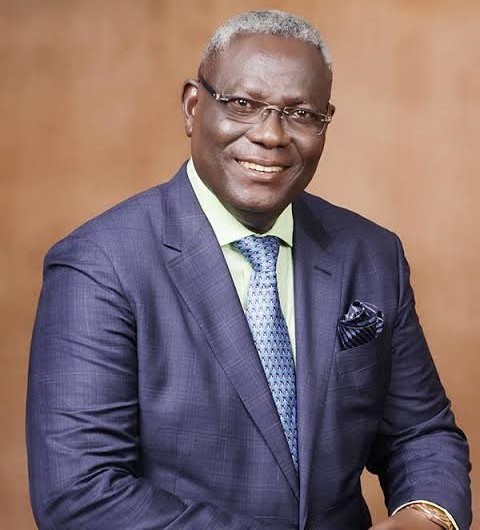Leadership and sport—two worlds that seem distinct yet share an undeniable synergy. Whether on the field or in the boardroom, the principles of teamwork, resilience, strategy, and vision remain constant. The overlap between these two domains is fascinating, and when blended, they create a powerful recipe for success.
The Game Plan: Leadership Lessons from Sports
In sports, the captain isn’t just a player; they’re the heartbeat of the team. They lead by example, inspire others, and take responsibility when things go south. Leadership in corporate settings mirrors this dynamic. Here are key leadership lessons drawn from the sporting world:
Teamwork Makes the Dream Work
Just as a football team relies on players in different positions—defenders, midfielders, attackers—to achieve victory, leaders must recognize the unique strengths of their team members. A good leader knows how to bring out the best in everyone, creating synergy that drives success.
Resilience in the Face of Failure
In sport, losing a match isn’t the end—it’s an opportunity to learn, adapt, and come back stronger. Leaders in any field must embrace setbacks as stepping stones to greatness. Michael Jordan famously said, _”I’ve failed over and over and over again in my life. And that is why I succeed.”
Vision and Strategy Win Championships
A coach devises a game plan, but it’s the vision that keeps the team focused on the end goal. Similarly, leaders must have a clear vision and strategy to guide their teams toward success. Vision is the compass; strategy is the map.
Sport as a Training Ground for Leadership
Sports are more than just physical activity—they’re a microcosm of leadership development. Think about it: athletes learn discipline, perseverance, and emotional intelligence on the field. These traits are essential for leaders in any industry.
Take Serena Williams, for example. Her dominance in tennis isn’t just about her athletic prowess; it’s about her mental strength, her ability to lead herself, and her relentless pursuit of excellence. Leaders can learn from her ability to stay calm under pressure and adapt to challenges.
The Power of Emotional Intelligence in Sports and Leadership
Great leaders and athletes alike possess emotional intelligence. They understand the importance of empathy, communication, and self-awareness. A basketball coach who knows how to motivate a struggling player is no different from a CEO who empowers their employees during tough times.
Cristiano Ronaldo, for instance, is not only a phenomenal player but also a leader who lifts his teammates up. His ability to inspire and connect with others showcases the emotional intelligence that’s essential in both sport and leadership.
Leading Like a Coach, Playing Like a Leader
The best leaders think like coaches—they guide, mentor, and motivate their teams. Conversely, the best athletes play like leaders—they take ownership, inspire others, and lead by example. The crossover between these roles is what makes leadership in sport so compelling.
Imagine a CEO channeling the energy of a sports coach, rallying their team with motivational speeches and strategic game plans. Or picture a sports captain embodying the qualities of a corporate leader, making tough decisions and keeping their team united.
The Final Whistle: Leadership and Sport as Lifelong Allies
Leadership and sport are intertwined in their pursuit of excellence. Both require vision, resilience, teamwork, and emotional intelligence. Whether you’re scoring goals on the field or driving innovation in the office, the principles remain the same.


0 Comments